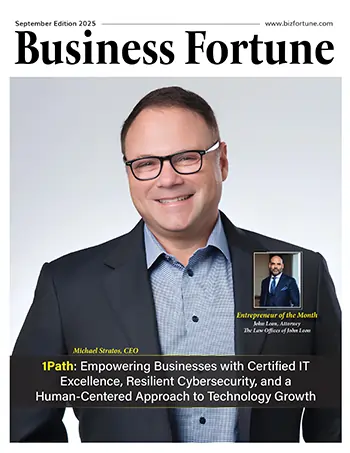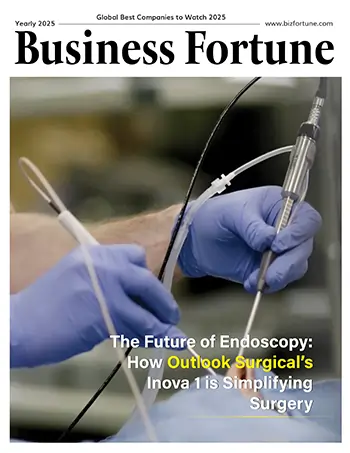Home Innovation Networking BMC splits into two independen...
BMC splits into two independent businesses, Helix and Mainframe
Networking

Business Fortune
10 October, 2024
BMC today revealed plans to split its current business into two independent software firms, one concentrating on its established mainframe business and the other on IT and distributed operations management solutions.
Houston-based BMC has been owned by international investment group KRR since 2018. BMC will remain the name of the company that maintains the mainframe and software automation technologies, as well as its business units for Intelligent Z Optimization and Transformation (IZOT) and Digital Business Automation (DBA). BMC Helix will incorporate the Digital Service and Operations Management (DSOM) business lines.
Ayman Sayed, the president and CEO, stated in a statement that the two companies would each be more qualified to cater to their own markets. Regarding growth potential, profitability and margins, and the intensity of competition, each of these businesses is distinct. He went on to state that they believed the basic economics of both businesses would allow them to continue pushing innovation and growth in order to succeed in the long run.
Industry observers suggest that the two organizations as well as their clients may profit from the calculated action. Initially, the split would increase each company's agility and capacity to allocate resources to their respective domains of expertise. Analysts claim that clients from all product categories would gain from the increased attention.
Group vice president at IDC Stephen Elliot clarified that one company would keep its mainframe business (mainframes account for almost two-thirds of the overall revenue of $2.3 billion, or roughly $1.5 billion). Additionally, BMC Helix, the second firm, will house the distributed business, with approximately $800 million in revenue. Broadcom, BMC, and IBM are the three mainframe competitors, with smaller businesses participating in certain disciplines.
According to Elliott, the increased emphasis should help the clients by allowing for a more focused use of personnel, funds, and other resources. He also said that BMC was distributing its meager R&D money among too many product needs as a single organization.
According to Elliot, the split businesses should be better equipped to accelerate product development in their respective fields without having to deal with internal politics regarding feature prioritization. This will accelerate innovation in both mainframe and distributed businesses.


































